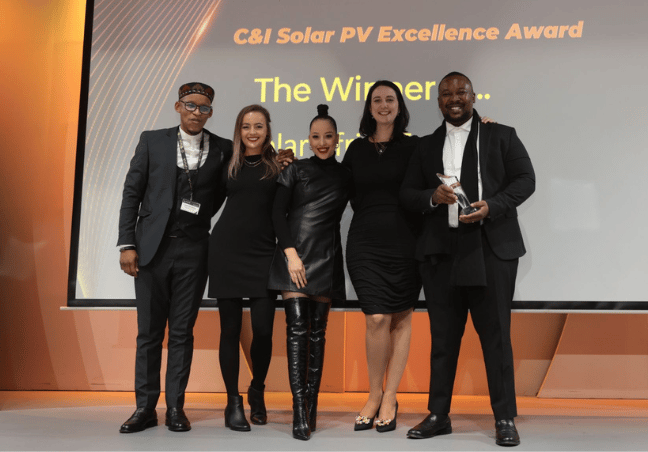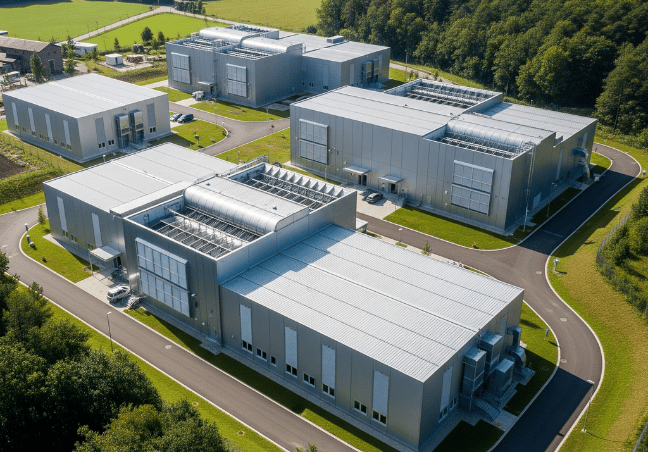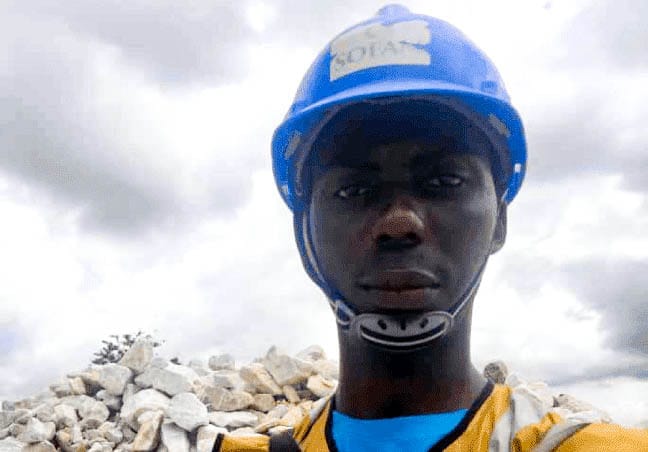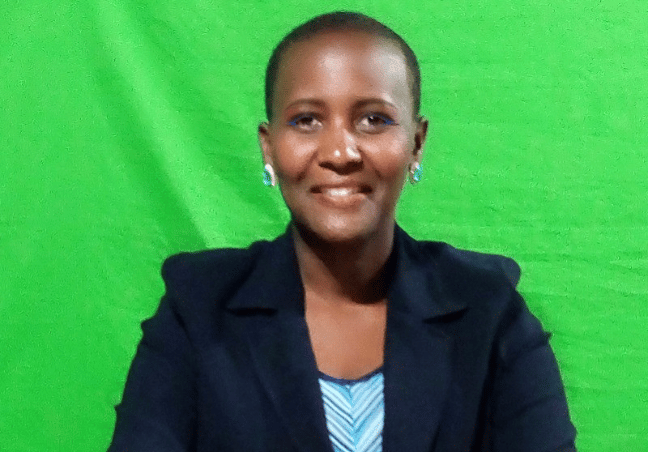- Renewables Rising
- Posts
- Africa's digital boom fuels green data centres demand
Africa's digital boom fuels green data centres demand
Dear subscriber, this is a prototype. Please help us with feedback and tips. Just press reply.
Morocco plans to build a 500 MW data centre powered by renewable energy. This aligns with Africa's wider move towards self-generating green energy for data facilities, driven by cost savings and reliability needs. As the continent rapidly embraces digitalisation, the need for more data centres and clean power is expected to grow significantly in the coming years. |
Morocco announced plans this month to invest $1.22 billion in its digital modernisation strategy, which includes artificial intelligence and expanding fibre optic deployment to ensure that sensitive data can be stored and processed within its borders.
Other African countries are also investing heavily in digitisation, with the expected number of internet-connected devices projected to reach 1.1 billion by 2029, almost double the current figure, driving demand for data centres.
Our take: High grid and fossil fuel costs will push established data centres to switch to renewables… Read more (2 min)
For many, solar power means saving money. But for Oluwagbemileke Ayeloja, a Lagos-based engineer, it was all about reliability. We spoke to him about his solar journey, from battling erratic grid power to optimising a system tailored for his household’s needs. He also shares his expert insights on solar power, including the latest innovations. |
"The major appeal is just the confidence that you have energy readily available to you anytime you need it," he shared. This sentiment is a common driver for many Nigerian households seeking to escape the frustrations of an unreliable national grid and the high costs and inconveniences of generators.
Unlike generators, which left him frustrated with nightly failures, his solar system requires minimal maintenance and delivers predictable performance, even during Lagos’ infamous grid outages.
Green hydrogen is a resource-based technology, not a development-level-based one, says Mercy Maina, in an interview with Renewables Rising. She points out that Africa's abundant renewables make it the ideal continent to lead global green hydrogen production. But to realise this potential, capital needs, policy frameworks and skills gaps first need addressing. |
Ms Maina is an editor for Hydrogen Rising, our sister publication that offers news, data and insights to professionals in Africa’s green hydrogen sector.
Most green hydrogen projects in Africa are in remote, resource-rich areas, far from national grids, and do not divert power from homes, she says. Instead, they use dedicated renewable energy infrastructure.


South Africa’s SolarAfrica Energy take home the Commercial & Industrial Solar PV Excellence Award at the SAPVIA event
Events
🗓️ Attend a webinar on hydrogen and water connection (Jul 21)
🗓️ Register for a webinar on combating cyber threats to utilities (Jul 31)
🗓️ Participate in the smart metering and water security webinar (Aug 7)
Jobs
💻 Become Mulilo’s Analyst: Asset Ownership (South Africa)
👨💻 Join Mission 300’s Expert Roster (All Africa)
👷🏻♀️ Lead Powergen Renewable Energy’s procurement strategies (Kenya)
Various
♻️ Cape Town is looking for information to assess waste-to-energy projects
🟢 Chinese, SA banks ink yuan loan for African development
⚡️ Auxano Solar secures international solar panel certification
Seen on LinkedIn
Naphtal Haya, Practice Lead, Emerging Energy Storage Technologies at DNV, says, “Despite lithium-ion battery’s market dominance and lower upfront cost, emerging energy storage technologies are receiving equal consideration for data centre applications.”


